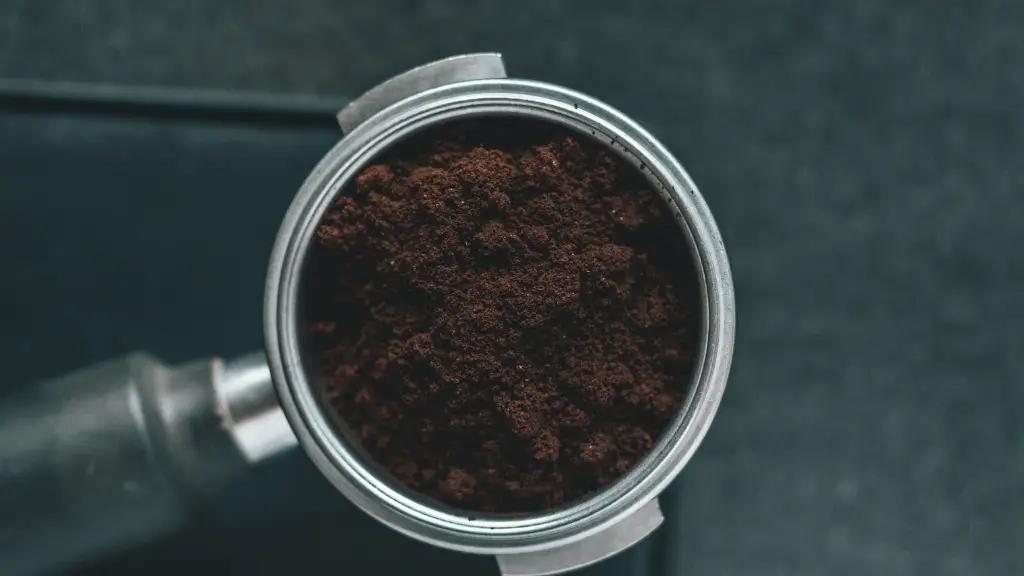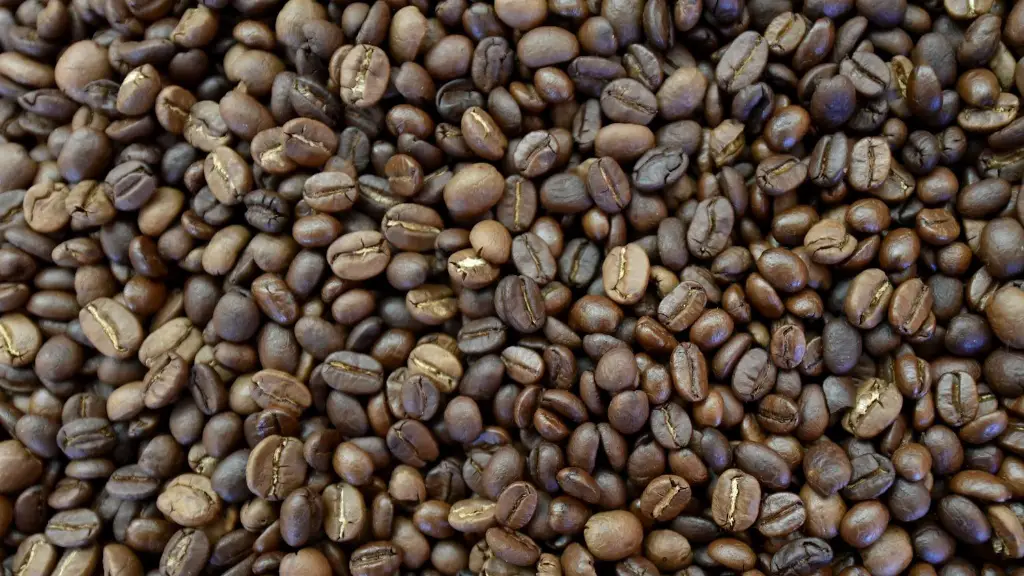Just when you thought it wise to indulge in a cup of hot brew to help with a scratchy throat and runny nose, your friends start wagging their tongues about the consequences of drinking coffee with a cold. Longtime skeptics of the drink claim that it does more harm than good.
The challenge for those with a cold is to ask whether the benefits of coffee are really worth the increase of symptoms. After all, the human body produces the hormone cortisol to help with illness, so the effect of too much caffeine intake should be considered among other factors.
Coffee contains caffeine, a stimulant that boosts alertness. Although some people report that a cup of hot brew makes them feel better during a cold, many frequent coffee drinkers report that their symptoms worsen shortly after drinking coffee. In some cases, these symptoms can persist throughout the day.
Caffeine interferes with the body’s ability to absorb certain vitamins and minerals, and it can also worsen dehydration. Those with colds are already working overtime to fight the virus, and caffeine can be too much for an already-stressed immune system.
Research has shown that drinking coffee can stimulate the release of adrenaline, which can further that tired, sluggish feeling that often accompanies being ill. Caffeine can also cause headaches and dizziness and can be especially troublesome for those with sinus infections.
Although coffee has many potential side effects, there are some benefits to drinking coffee while ill. Research has shown that coffee can have a mild anti-inflammatory effect, and drinking coffee can give you a boost of energy to help you feel alert. Coffee can also help to soothe a sore throat.
Experts suggest that coffee should be avoided if possible when you are sick, but if it must be consumed, there are ways to minimize its impact. Drink smaller amounts throughout the day and consider adding a little milk or cream to reduce the acidity of the beverage. You can also add a spoonful of honey, which is known to have natural healing properties.
Does Coffee Boost Your Immune System?
Because of its stimulant effects, coffee has been thought to have immune-boosting benefits, especially for those dealing with a cold. Unfortunately, recent research has found the opposite is true — that coffee can actually reduce your immune system’s ability to fight off an infection.
High doses of caffeine can lead to an increase in the body’s stress reactions, which can weaken the immune system and make it more difficult to ward off a cold. Furthermore, caffeine can interfere with the body’s ability to absorb essential nutrients, further compromising our ability to fight off illnesses.
Consuming coffee during a cold may also make it more difficult to get a good night’s sleep. In some cases, people who drink coffee while ill find that the caffeine keeps them up at night, making it harder for their bodies to rest and recover.
Coffee is also known to be dehydrating, and this can be especially problematic for those recovering from a cold. Dehydration makes it harder for the body to flush out toxins, which can interfere with the healing process.
Gluten Free Options for Coffee Consumption
Anyone with gluten intolerance or Celiac disease should avoid coffee altogether, as the oils in beans can be contaminated with gluten. However, there are now several gluten free options available, such as decaffeinated coffees.
For those who still want to enjoy the stimulating effects of coffee, green tea is a great option. It has the same stimulating effects as coffee, but it is lower in caffeine content. Green tea is also packed with antioxidants, which can help to boost the immune system and fend off infection.
Herbal teas are another great option for those with gluten sensitivity or Celiac disease. They are naturally caffeine free, and they also provide many of the same immune-boosting benefits as green tea. Chamomile, peppermint and ginger are especially known for their healing properties and are great options for soothing a sore throat or fighting off a cold.
Tips for Drinking Coffee While Sick
If you must indulge in a cup of java while ill, there are a few tips to keep in mind. First, limit your caffeine intake. Try to have just one cup in the morning and then switch to a decaffeinated version for the rest of the day. This can help to reduce the effects of caffeine on your body.
When brewing your coffee, try to use cooled, boiled water. This will reduce the levels of caffeine in the beverage and make it easier on the stomach. You can also add some milk or cream, or a teaspoon of honey, to help reduce the acidity of the drink.
Finally, be aware of the signs of caffeine overload. These include headaches, fatigue, irritability, and trouble sleeping. If you feel any of these symptoms, stop drinking coffee immediately and switch to a decaffeinated beverage.
Natural Remedies for Coffee Alternative
For those looking for coffee alternatives, there are numerous options available. From hot lemon and honey drinks to tea and herbal infusions, there are many natural remedies for soothing a sore throat and relieving cold symptoms.
Ginger is one of the best natural remedies for a cold. It has been used for centuries as a healing agent and is known to soothe sore throats, reduce inflammation and even fight the virus itself. Ginger tea can be easily made at home with fresh ginger and a bit of honey.
Apple cider vinegar is another natural remedy with incredible healing powers. Research has shown that drinking a glass of water with two tablespoons of apple cider vinegar can help to reduce coughing, reduce fever and alleviate congestion. You can also make your own apple cider vinegar remedy with garlic, honey and lemon.
Other natural remedies for a cold include eucalyptus oil, horseradish and garlic tea, and bone broth. All of these can be easily made at home and offer numerous health benefits, including a boost of immune-supporting vitamins and minerals.
Benefits of Drinking Water While Ill
One of the best things you can do to alleviate cold symptoms is to drink plenty of fluids, especially water. It’s important to stay hydrated when ill, and water is the easiest and most efficient way to do that.
When you’re not feeling well, your body needs more water than usual to flush out toxins and fight off the virus. Staying hydrated also helps to reduce headaches, improve energy levels and make it easier to get a good night’s sleep.
In addition to water, you can also get fluids from natural sources such as tea, soup and herbal infusions. Juices with plenty of vitamins are also an excellent option, as they provide a dose of nutrients to the body. Stick to organic and fresh options for these fluids whenever possible.
Lastly, avoid sugary drinks such as soda and energy drinks. These contain caffeine and other stimulants, which can be too hard on the body when it is already trying to fight off a virus.
Conclusion
Drinking coffee when you have a cold can have a range of side effects, from headaches and dizziness to dehydration and insomnia. It is best to avoid coffee if possible, and instead opt for natural remedies and plenty of fluids. If you do indulge, be sure to use cooled, boiled water and to drink smaller amounts throughout the day. Additionally, consider adding some milk or cream, honey or other natural supplements to reduce the acidity and stimulant effects of coffee.





